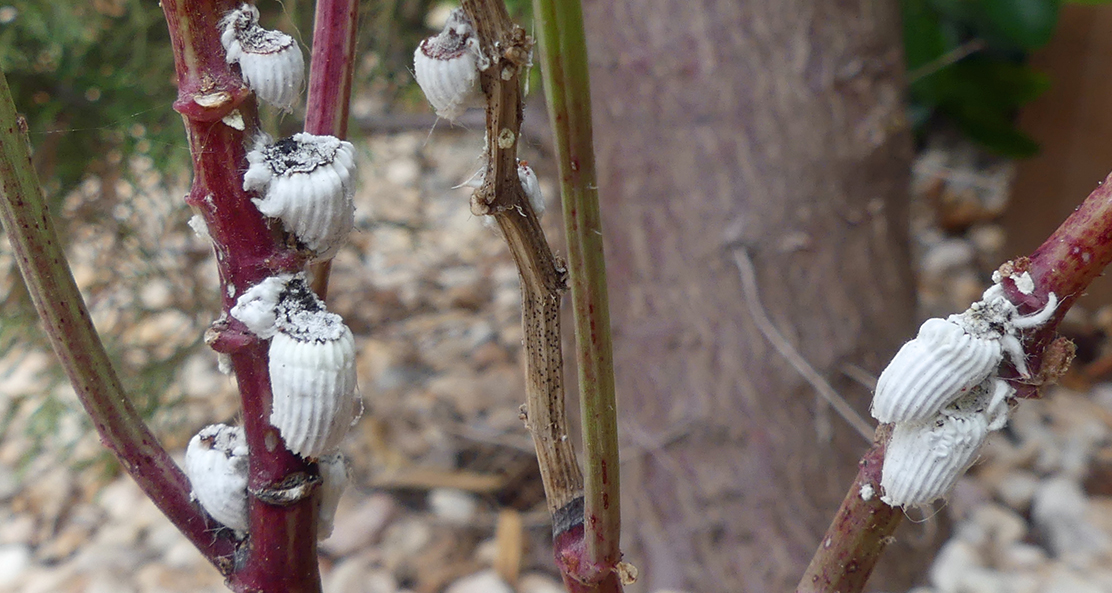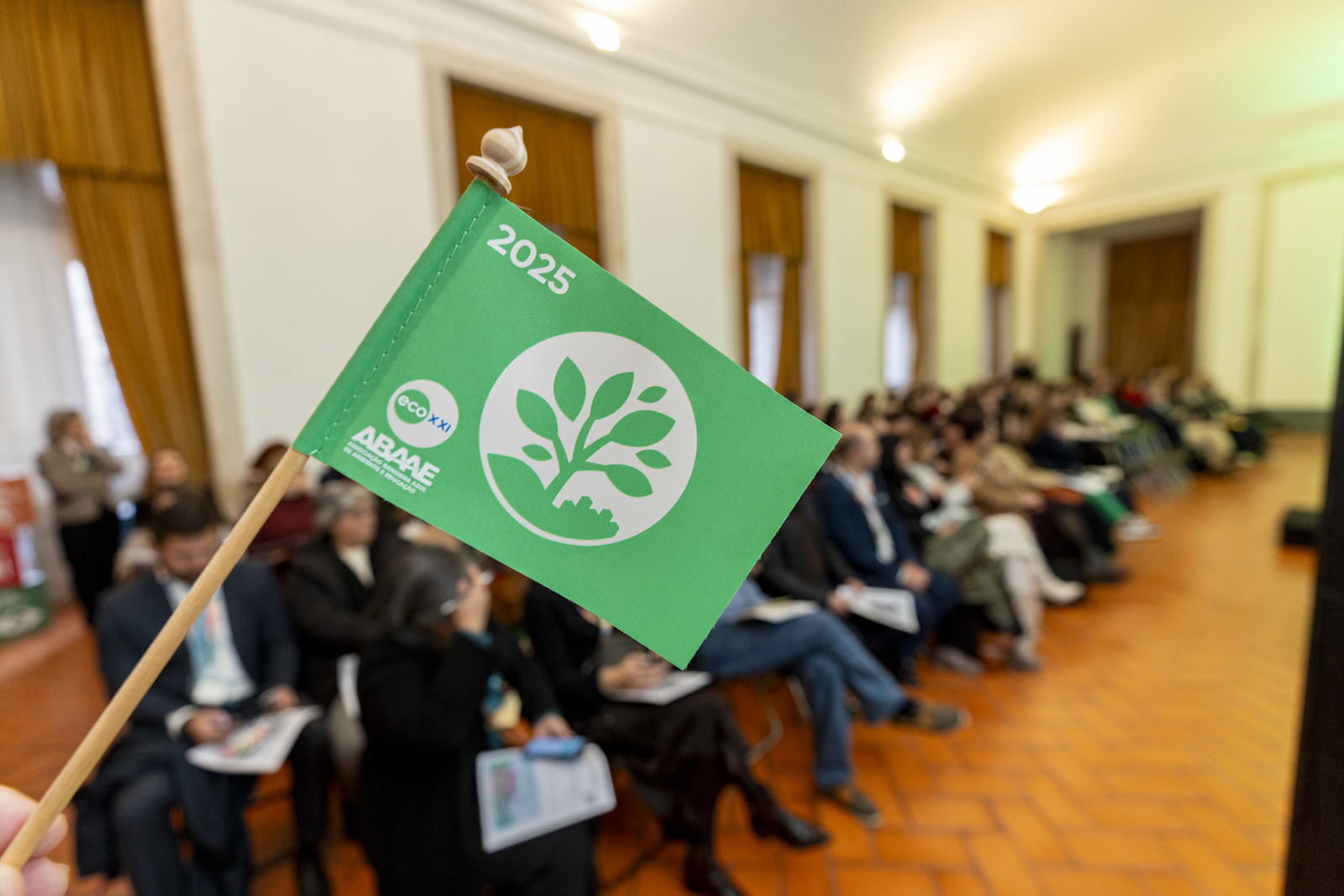In recent years, there’s been a notable increase in emphasis about the importance of minimising our carbon footprint and looking after the natural world, which we should no longer take for granted but actively nurture.
For many gardeners there has been an upsurge in interest about organic gardening and minimising chemicals that can harm pollinators and our environment.
Our editor asked me to write an article about organic pesticides, so I have done some research on the web, canvassed members of the Clube dos Bons Jardins garden club and also carried out some practical experiments myself.
Time and time again when Googling organic pesticides, diluting Dr. Bonners castile soap with water and then adding vinegar or oil came up. This is an all-natural, vegetable based liquid soap with olive and mineral oil as the main ingredients and is easy to source online. Do not be tempted to use washing up liquid as a substitute for castile soap as it contains many other chemicals that can damage plants. I diluted it with water and vinegar (1.5 teaspoons of each in one litre of water) and found it incredibly effective on aphids, red spider mite and black and green fly. I also replaced the vinegar with olive oil (same ratios as above) and tried it on waxy insects such as cochineal bugs and mealybugs.
I had some success, but a fellow garden club member used diluted neem oil on similar insects and claimed total annihilation. The oil coats the insects and asphyxiates them as they can’t breathe through their pores anymore. Note that you must use a neem oil mix very quickly as it becomes ineffective if not used within a few days.


Other untested suggestions for aphid control include chopping and soaking tomato leaves overnight and then draining and diluting (2 cups of mature tomato leaves per litre of water). Another proposal is to infuse 4 teaspoons of olive oil with a few cloves of chopped garlic for twenty-four hours, strain and then mix with 1 teaspoon of castile soap before diluting with 0.5 litres of water. Just be aware though that garlic contains a lot of sulphur which can be harmful for beneficial insects such as ladybirds, so use judicially. Chilli pepper spray is another suggestion – mix one tablespoon of chilli powder with one litre of water and one teaspoon of Castile soap.


Timing is important when spraying your plants – don’t do it in the hot, sunny part of the day as the leaves might burn. It is better to spray in the early morning or evening.
The one bug I have had no luck with any of the above sprays is scale insects. I have a rice paper plant (Tetrapanax) in a pot whose huge leaves get covered in scale insects farmed by ants at this time of year. Each leaf was sprayed with a different organic pesticide, but the scale insects persisted. I have taken to scraping them off en masse with my finger nails, which is strangely satisfying and definitely organic.
I hope that some of these suggestions might be successful for you, but please ensure you use any pesticide responsibly and do due diligence before using. It would be fantastic to get feedback on what works and what doesn’t. We could then collate it and share in a future article.
Tamsin Varley is a member of Clube Dos Bons Jardins, a small, friendly multi-national garden club that meets at different locations around the Algarve on the 2nd Tuesday every month except over the summer with an optional lunch afterwards.
+INFO:
algarvecbj@gmail.com















